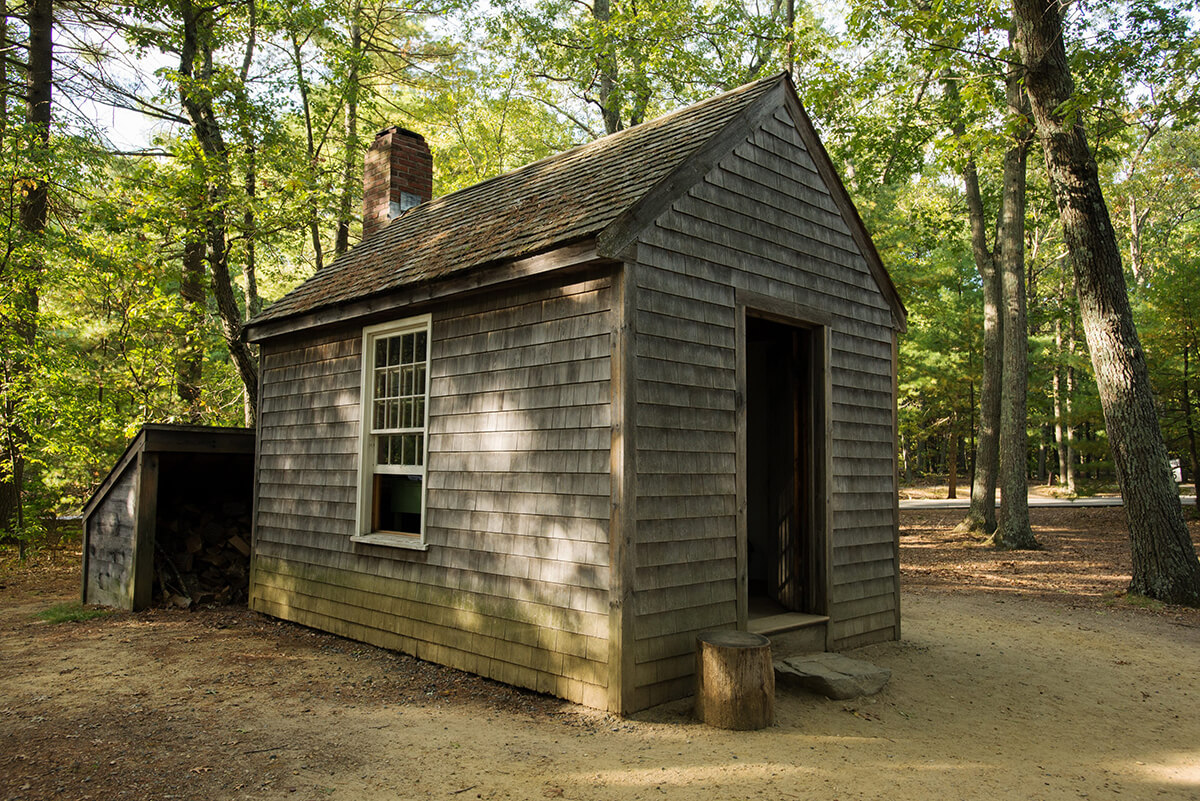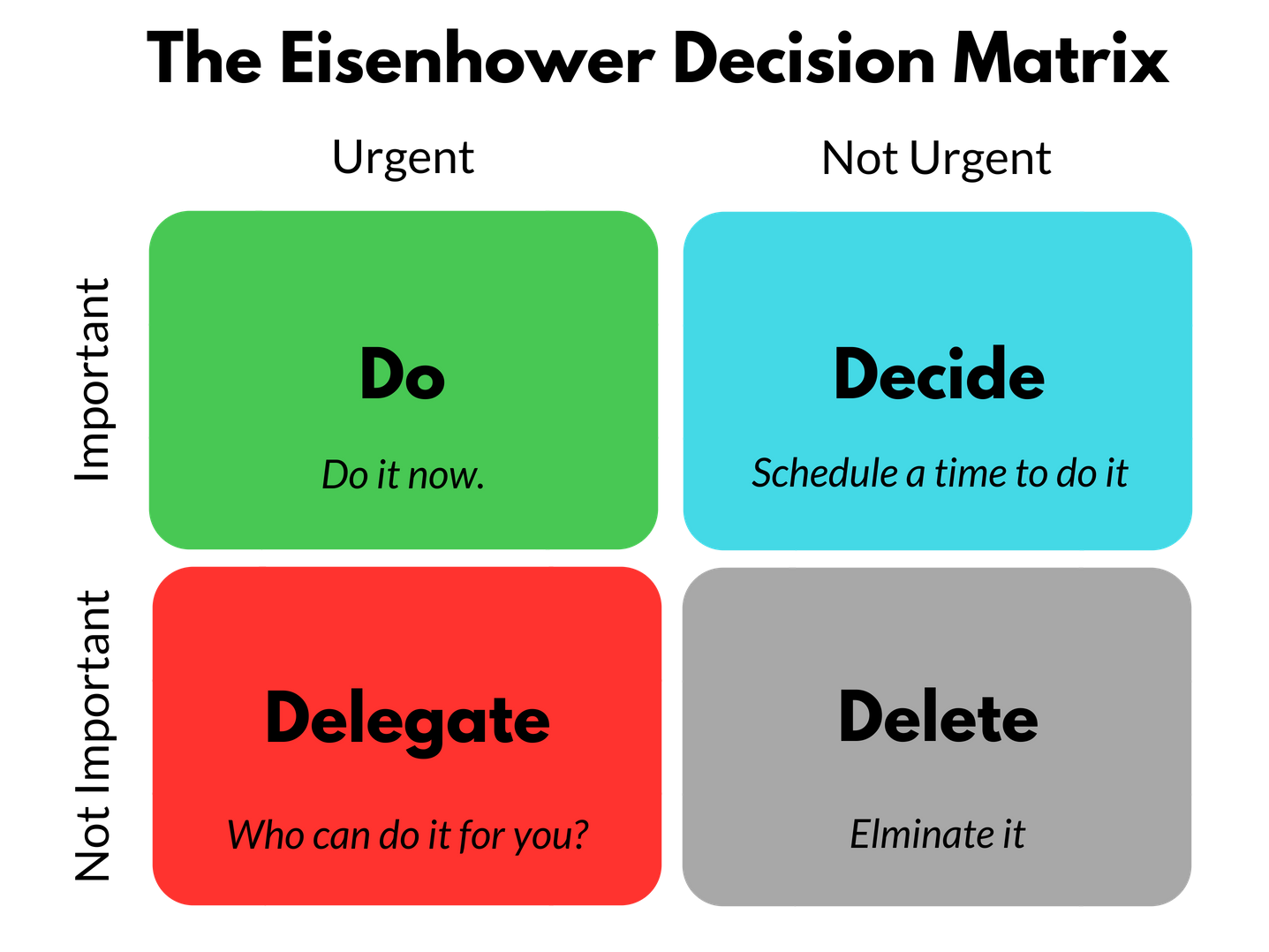
Walden: or, Life in the Woods: Thoreau, Henry David: 9781548742287: Amazon.com: Books
Walden - Wikipedia
The Project Gutenberg eBook of Walden, by Henry David Thoreau
Walden, and On The Duty Of Civil Disobedience by Henry David Thoreau | Project Gutenberg
Summary by Bing/ChatGPT
“Walden” is a profound work that encapsulates Thoreau’s two-year stay in a self-built cabin near Walden Pond, Massachusetts. The book is a testament to the virtues of simplicity, solitude, and a deep connection with nature.
Thoreau begins by detailing his move to Walden Pond and the construction of his rustic dwelling. His mornings are spent cultivating a modest bean-field, while his afternoons and evenings are reserved for contemplation, reading, and exploring the countryside.
Despite his seclusion, Thoreau is not entirely isolated. The Fitchburg Railroad, a symbol of advancing technology, occasionally interrupts his solitude. He also engages in conversations with various individuals, including farmers, railroad workers, and occasional visitors.
Thoreau’s connection with society extends to his frequent trips to Concord, where he interacts with friends and conducts business. Notably, he spends a night in jail for refusing to pay a poll tax in protest against slavery.
The book is replete with Thoreau’s observations of nature and the changing seasons. He describes the habits of various animals and his interactions with a Canadian-born woodcutter, Alex Therien.
“Walden” is more than a chronicle of Thoreau’s life in the wilderness; it is a philosophical exploration of life itself. Thoreau criticizes society’s obsession with material possessions and extols the virtues of a simple, self-reliant life. He finds dignity in his daily work in the bean-field and contentment in his simple lifestyle.
Thoreau’s fascination with the natural world extends to a detailed account of a war between red and black ants. He also discusses the balance between the spiritual and the savage within himself, advocating for self-control and a vegetarian diet.
In conclusion, “Walden” is a call to live authentically and deliberately, emphasizing self-reliance, simplicity, and a deep connection with nature.
Quotes from the book
Here are some of the most notable quotes from “Walden” by Henry David Thoreau:
- "I learned this, at least, by my experiment: that if one advances confidently in the direction of his dreams, and endeavors to live the life which he has imagined, he will meet with a success unexpected in common hours."
- "Rather than love, than money, than fame, give me truth."
- "I find it wholesome to be alone the greater part of the time. To be in company, even with the best, is soon wearisome and dissipating. I love to be alone. I never found the companion that was so companionable as solitude."
- "If you have built castles in the air, your work need not be lost; that is where they should be. Now put the foundations under them."
- "Books are the treasured wealth of the world and the fit inheritance of generations and nations."
- "We need the tonic of wildness…At the same time that we are earnest to explore and learn all things, we require that all things be mysterious and unexplorable, that land and sea be indefinitely wild, unsurveyed and unfathomed by us because unfathomable. We can never have enough of nature."
- "Live in each season as it passes; breathe the air, drink the drink, taste the fruit, and resign yourself to the influence of the earth."
- "However mean your life is, meet it and live it; do not shun it and call it hard names. It is not so bad as you are. It looks poorest when you are richest. The fault-finder will find faults even in paradise. Love your life, poor as it is. You may perhaps have some pleasant, thrilling, glorious hours, even in a poorhouse. The setting sun is reflected from the windows of the almshouse as brightly as from the rich man’s abode; the snow melts before its door as early in the spring. I do not see but a quiet mind may live as contentedly there, and have as cheering thoughts, as in a palace."
- "As if you could kill time without injuring eternity."
- "Things do not change; we change."
These quotes encapsulate Thoreau’s philosophy of life, nature, and self-reliance. They continue to inspire readers to this day.


It measured 10′ x 15′ (150 square feet)
Thoreau built his cabin from recycled and salvaged materials and from rough hewn lumber from trees on the property but he did say the cabin cost him $28.12 ...in 1845
his $28.12 adjusted for 2014 inflation would be $852.12.
Using modern techniques and materials cost seem to be10x more now
A basic cabin kit can cost between $6,000 to $8,000,
better tech alternative














